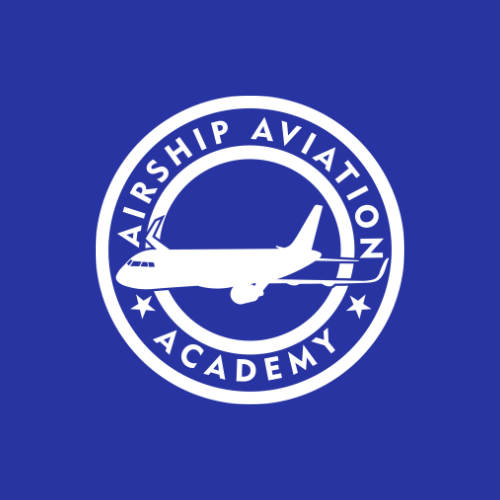The aviation industry offers exciting career opportunities, but choosing the right airline aviation courses is crucial for success. Whether you aspire to become a pilot, aircraft maintenance engineer, or aviation manager, specialized training is essential. Enrolling in airline aviation courses equips students with the skills and certifications needed to excel in this dynamic field. Here’s a detailed look at the best courses available and their benefits.
1. Commercial Pilot License (CPL) Course: Flying Towards a Professional Career
For those who dream of becoming airline pilots, the Commercial Pilot License (CPL) course is the first step. This program includes:
- Flight training on modern aircraft to develop practical flying skills.
- Theoretical knowledge in navigation, meteorology, air regulations, and aerodynamics.
- Simulator training to enhance decision-making and cockpit procedures.
- Instrument Rating (IR) and Multi-Engine Rating (ME) for better career prospects.
Upon completion, CPL holders can apply for jobs with airlines or cargo carriers and eventually progress to becoming captains.
2. Aircraft Maintenance Engineering (AME): Ensuring Flight Safety and Performance
The Aircraft Maintenance Engineering (AME) course is designed for those interested in the technical side of aviation. This program covers:
- Aircraft systems and engine mechanics to maintain and repair airplanes.
- Aviation safety regulations and compliance as per DGCA guidelines.
- Hands-on training in maintenance hangars to gain real-world experience.
- Specializations in avionics, airframe, and powerplant maintenance.
Aircraft maintenance engineers play a critical role in ensuring aircraft safety and operational efficiency.
3. Cabin Crew and Hospitality Management: A Career in In-Flight Services
For those interested in passenger service roles, Cabin Crew and Hospitality Management courses provide essential training. The program includes:
- Customer service and communication skills for a positive passenger experience.
- Safety and emergency procedures for handling in-flight incidents.
- Personality development and grooming to meet airline industry standards.
- First aid and medical emergency training for passenger assistance.
Cabin crew professionals enjoy the perks of traveling the world while working with top airlines.
4. Airline and Airport Management: Overseeing Aviation Operations
This course is perfect for students interested in aviation business and administration. The Airline and Airport Management program focuses on:
- Airport operations and ground handling to ensure smooth passenger flow.
- Airline marketing and revenue management to drive profitability.
- Aviation law and regulations for compliance with international standards.
- Air traffic control and security management for safe airport operations.
Graduates can pursue careers in airport administration, airline management, and aviation consulting.
5. Flight Instructor Training: Teaching the Next Generation of Pilots
For experienced pilots who want to train new aviators, Flight Instructor Training is an ideal course. It includes:
- Advanced flight training techniques to teach aspiring pilots.
- Classroom instruction methods to deliver effective ground training.
- Flight assessment and evaluation skills to ensure student progress.
- Leadership and mentoring strategies to develop aviation professionals.
Flight instructors are in high demand as aviation schools continue to expand worldwide.
Frequently Asked Questions
Which airline aviation course is best for me?
The best course depends on your career goals. If you want to be a pilot, CPL is ideal. For technical roles, AME is recommended, while management aspirants should consider Airline and Airport Management.
How long do airline aviation courses take to complete?
Course durations vary. CPL training takes 12-18 months, AME takes 2-3 years, and cabin crew training typically lasts a few months.
Are there job placement opportunities after completing aviation courses?
Yes, reputable aviation academies offer job placement assistance, and many airlines conduct recruitment drives.
Do aviation courses require any prior qualifications?
Most aviation courses require a high school diploma, medical fitness certification, and proficiency in English.
Can I enroll in aviation courses online?
Some theoretical components can be completed online, but practical training requires in-person attendance at aviation training centers.
Conclusion
Pursuing airline aviation courses is the key to launching a successful career in the aviation industry. Whether you aim to become a commercial pilot, aircraft maintenance engineer, cabin crew member, or aviation manager, choosing the right training program is crucial. With structured learning, hands-on experience, and professional guidance, you can achieve your dream of working in the exciting world of aviation.
Take the first step today by enrolling in a reputed aviation academy and soar towards a bright future!











































